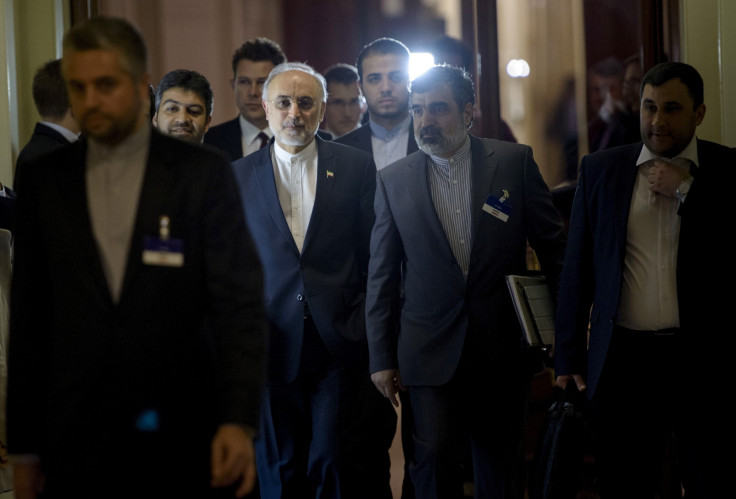Iran and world powers reach agreement on 'key aspects' as talks extend beyond deadline

Iran and the six world powers have begun drafting the text of the nuclear deal after both sides found common ground on major sticky points.
Russian Foreign Minister Sergei Lavrov has said the delegates from Iran and the P5+1 powers have resolved "key aspects" during the marathon crunch talks in Lausanne, Switzerland though the self-imposed deadline of 31 March midnight was missed.
"We can quite certainly say that on all the key aspects of the final settlement of this problem, the ministers have reached principal consent that will be, hopefully in the next hours, maybe a day, put on paper. The experts were tasked with this," Lavrov told reporters on 1 April as the negotiations press on. It is still unclear how long the talks would go on.
The talks ended during the early hours of 1 April and are set to resume shortly.
The Russian top diplomat continued: "The agreement includes an all-encompassing approach to the settlement [of Iran's nuclear issue], including methods of verification of the nuclear programme's exclusively peaceful nature by the IAEA, as well as extensive provisions on lifting sanctions."
Nonetheless, Reuters cited an unnamed diplomat, who is involved in the talks as saying no such agreement has been reached which would facilitate drafting the text.
Tehran and the five permanent members of the UN Security Council – the US, Britain, France, China, and Russia – and Germany have been engaged in intense discussions to secure a deal on Iran's nuclear programme, which has been a thorny international issue for more than a decade.
The US State Department spokesperson Marie Harf said: "We've made enough progress in the last days to merit staying until Wednesday. There are several difficult issues still remaining."
In addition to that, Washington has also hinted that the Obama administration's patience is running out over the discussions.
White House press secretary Josh Earnest said: "It's time for Iran to make the serious commitments that they know the international community is expecting them to make to reach an agreement. If we're not able to reach a political agreement, then we're not going to wait all the way until June 30th to walk away."
A preliminary accord is necessary for the permanent and comprehensive Iranian nuclear deal, the deadline for which is set in June, to end the 12-year-long impasse. The additional three months had been allotted to nail down the remaining complex differences in the deal.
© Copyright IBTimes 2024. All rights reserved.






